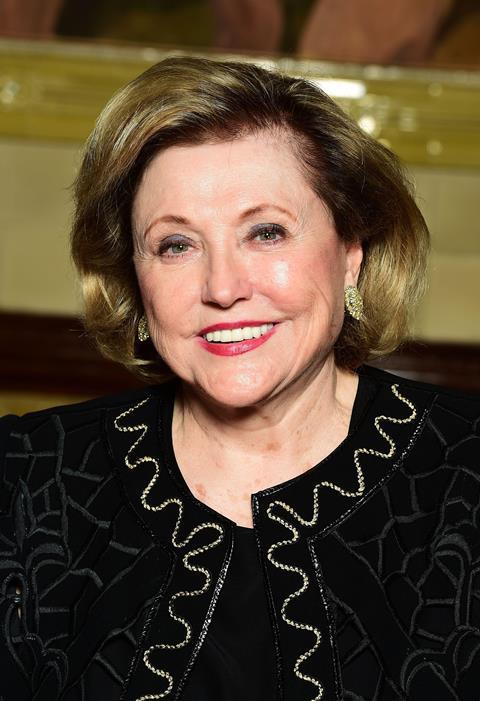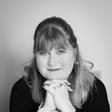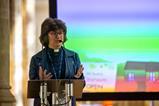Barbara Taylor Bradford died on the 24th November aged 91. Author Ruth Leigh shares her reflections and the impact Barbara’s books had on her life.

When Barbara Taylor Bradford’s death was announced, I waited for the inevitable phrase and sure enough, there it was. “An overnight success.” I smiled wryly to myself. As a fiction author, I’ve been waiting for some time to make the joke, “I’ve been working for years to become an overnight success.”
Her first book, A Woman of Substance, came out in 1979 when I was thirteen. I devoured it and eagerly awaited the sequel. Compared to the other must-reads that year (Flowers in the Attic with the creepy grandmother, iffy sibling relationship and dodgy mother, and The Thorn Birds with its racy goings on in faraway Australia), Barbara Taylor Bradford was in a different league. Her working class heroine battled single parenthood, poverty and betrayal, yet kept going, building up her business from nothing. There were themes of forgiveness and redemption running through her story which I didn’t notice as a schoolgirl but do today as a woman of faith.
From atheist to Christian author and other miracle stories
The author herself was a voracious and precocious reader. Brought up on a diet of the Brontes, Dickens and Hardy, aged ten, she sent a story to a children’s magazine which netted her 7s 6d (around £13.50 today) and fired her ambition to become a writer. Leaving school at sixteen, she became first a typist then a reporter on the Yorkshire Evening Post and left Leeds for London aged twenty.
Here she rose to the dizzy heights of writing a column for the London Evening News and becoming the fashion editor for Woman’s Own.
Here she rose to the dizzy heights of writing a column for the London Evening News and becoming the fashion editor for Woman’s Own. An ambitious and talented woman in a man’s world in the Sixties, she was blazing a trail which many others would follow in subsequent years.
She published her first book at forty six. Emma Harte, her heroine, was a working class girl who was tempted down the primrose path by the son of the house and left with a baby to raise alone. But unlike the women in the generic class of fiction which I dabbled with and soon abandoned (let’s call it the Miserable Woman genre), she had no intention of letting her life be ruined. As a bookish, ambitious teenager with a burning desire to be a writer, reading this kind of thing showed me that it could be done. A woman who wore red lipstick, power suits and had great hair was turning out well-written, absorbing pot-boilers and appearing in every newspaper and magazine in the land.
Meet the 1800s’ most incredible Christian female author - who didn’t just tell girls to get married
BTB once said, “I’m not going to go down in history as a great literary figure. I’m a commercial writer—a storyteller. I suppose I will always write about strong women.”
As more books in the Emma Harte series came out, I read them with an eye to their author who was so honest about her talents and reach, not trying to be something she wasn’t, but producing addictive books about a wonderfully resilient woman.
Being a young girl in the seventies and eighties wasn’t great – sexism and misogyny was endemic and I was expected to learn to type and get married
Being a young girl in the seventies and eighties wasn’t great – sexism and misogyny was endemic and I was expected to learn to type and get married. I did both, but now I’m a writer, storytelling and creating a world with a strong woman at its heart. When I look back, I can see that the excellent plotting and authentic characterisation of the Emma Harte series sank into my writer’s psyche and elements of it went on to inform my own fiction writing.
‘A broken ankle taught me about the goodness and closeness of God’
Emma starts off alone but collects husbands, exes and children, all with their own issues. Tragedy and betrayal stalk her but she never gives up. I loved the way that she forgave wrongs visited on her as her story unfolded. Unlike other authors in this genre, there was a strong Christian ethos of redemption and forgiveness running through many BTB’s books. I’ve not been able to find any quotes from her about her own personal faith, but having noticed her choice to write three Christian children’s books (one with ‘Jesus’ in the title) as well as her successful novels, I’m as sure as I can be that she was a Christian. She died at 91, one of the most successful writers of the twentieth century.
She’ll always be a heroine of mine.





































No comments yet